Home Room: Peering Into Frieze House Seoul's Inaugural Exhibition
Art — 05.09.25
Words by Gabriella Onessimo
Photos by Sunghoon Park
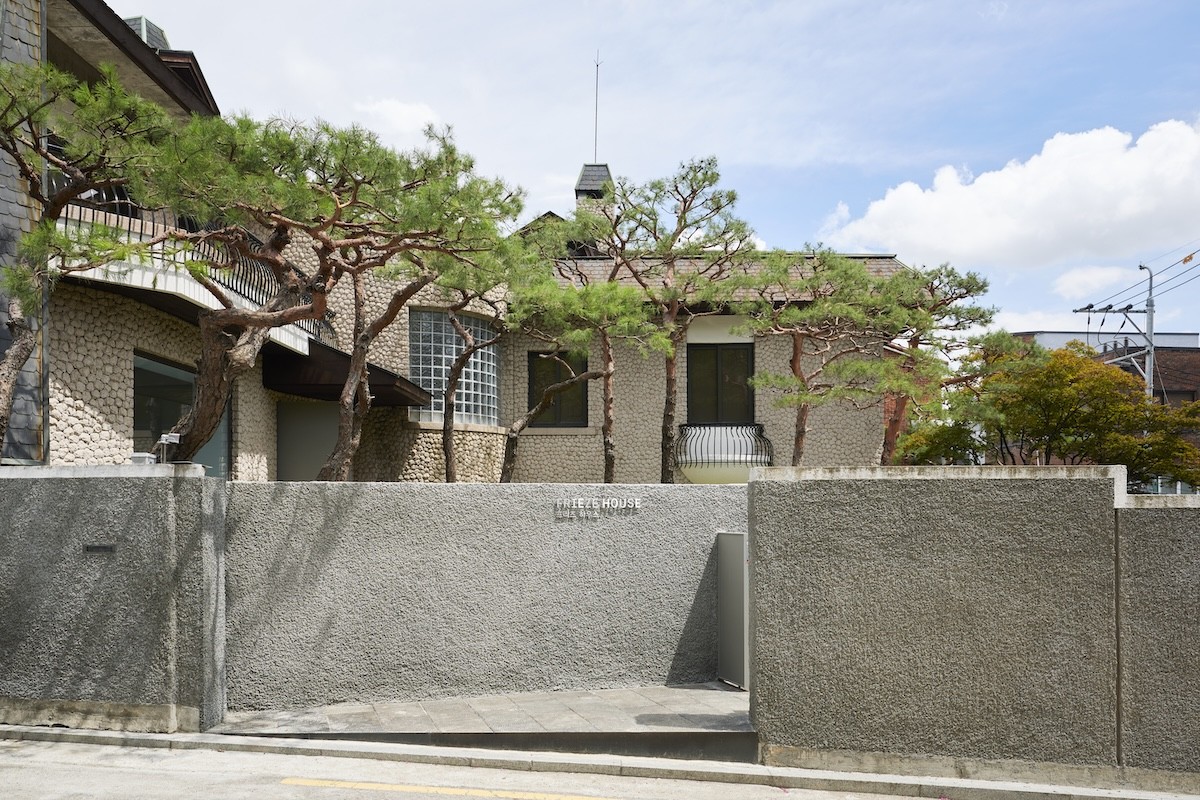
“To ‘unhouse’ is to confront experiences of eviction and dispossession. At the same time, it can also mean a voluntary refusal—a conscious act of stepping away from familiar walls and comforts,” says Jaeseok Kim, writer, gallerist, and curator of Frieze House Seoul’s inaugural exhibition. In UnHouse, Kim deconstructs (and reconstructs) the home as a physical and metaphysical space—its bones, veneers, and essence—all through the frame of queerness.
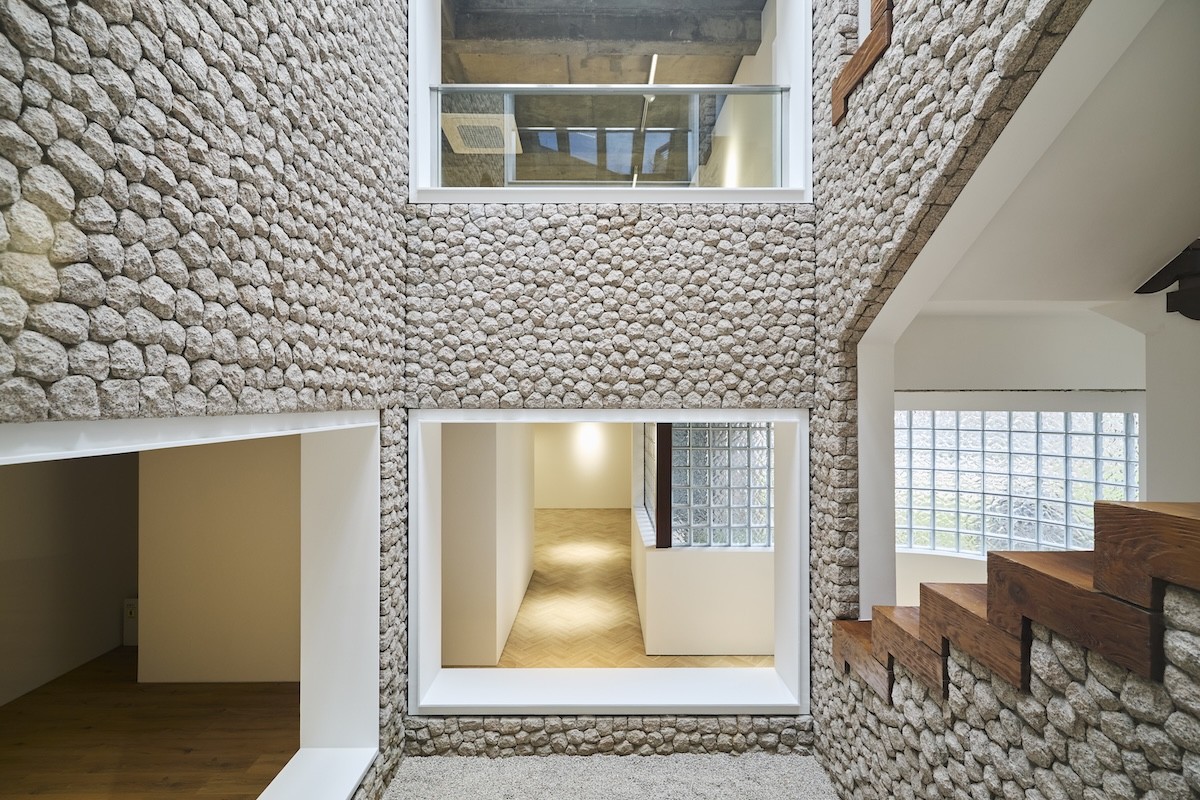
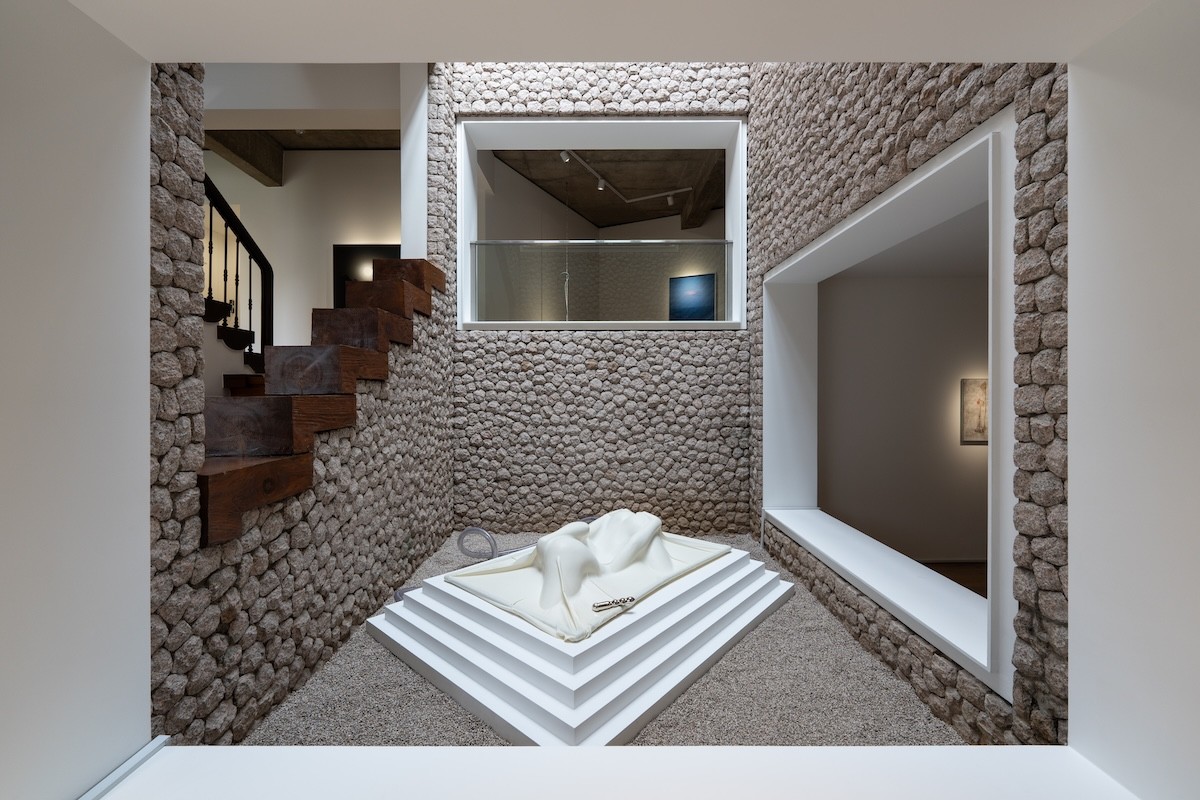
Staged within an abandoned residential building transformed by architect Samuso Hyoja, the space will serve as a dedicated sanctuary for rotating residences, projects, and contemporary exhibitions in Yaksu-dong—establishing Frieze’s lasting presence in the city.
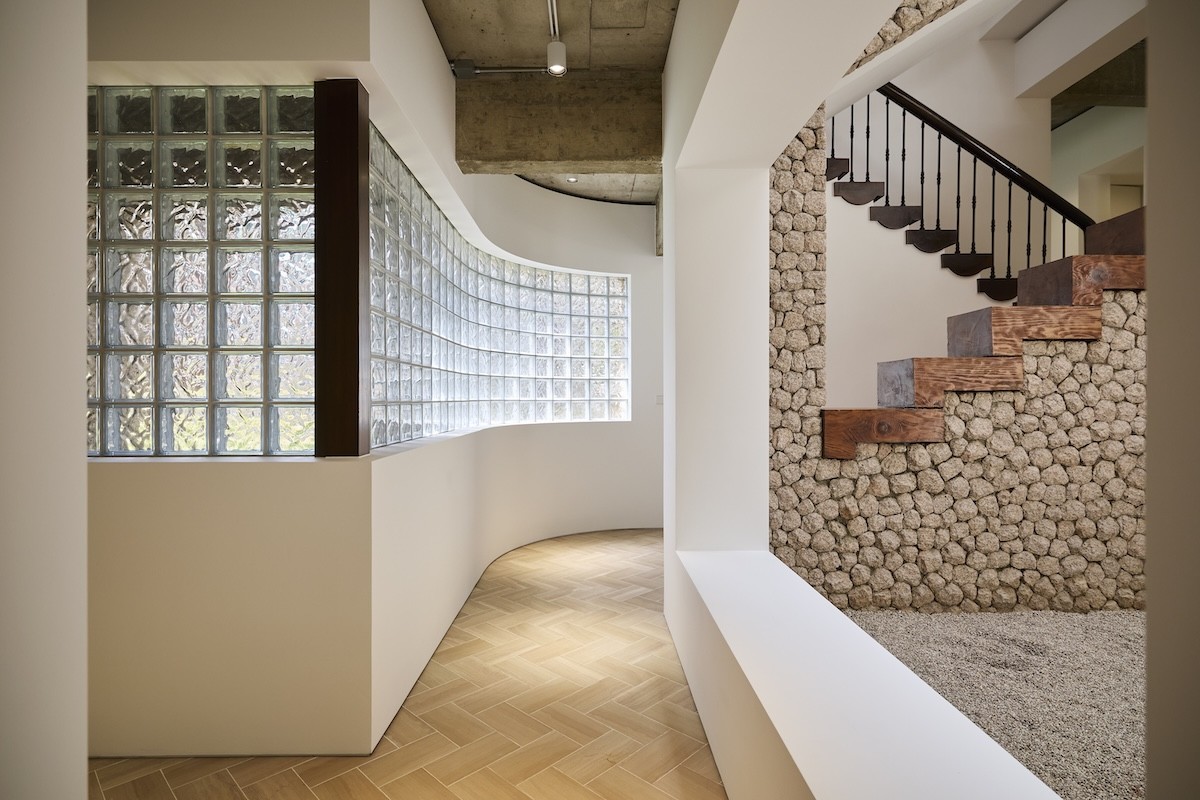
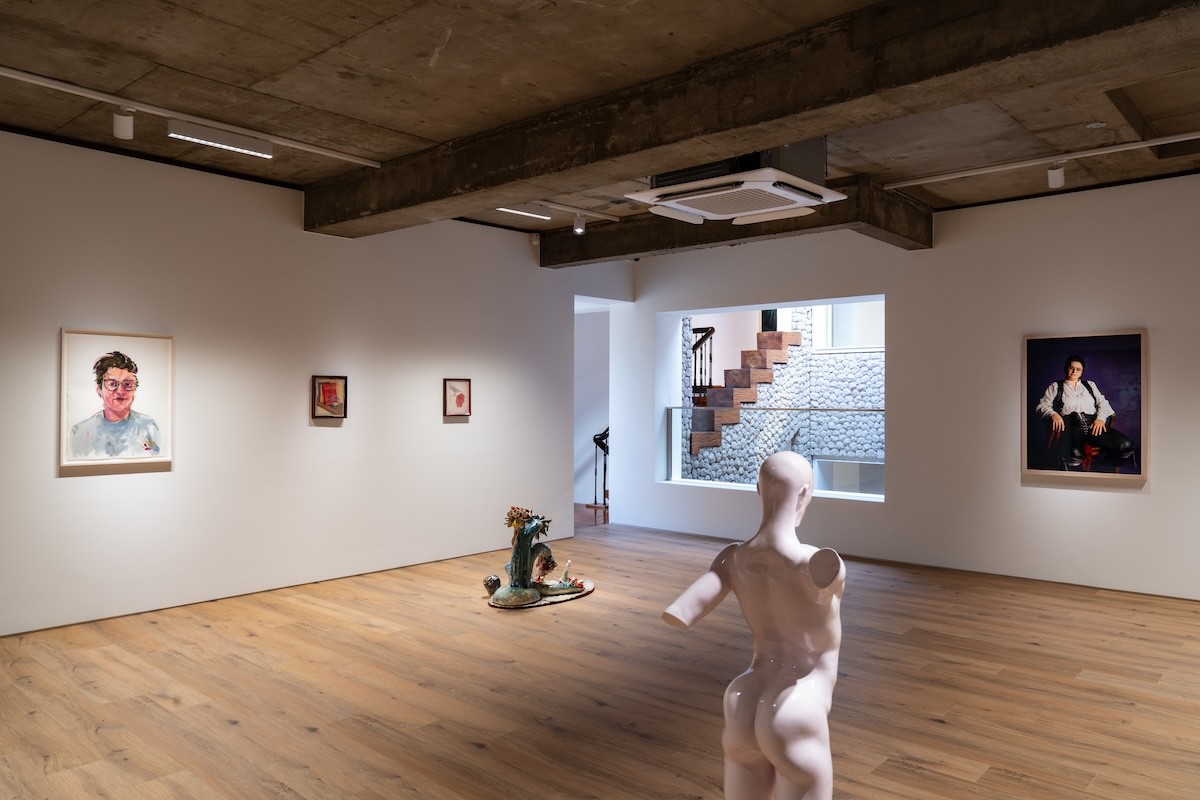
The house itself is seamlessly integrated into the gallery experience, serving as Kim’s primary source of curatorial inspiration. “The architecture seemed to carry its own drama, which inspired me to imagine an exhibition that could treat the house itself as a stage,” he says. Stepping into the space evoked Kim Ki-young’s 1960 film The Housemaid, a class-clash melodrama set in a Western-style home. “In Korean popular culture, such houses have often been portrayed not as sites of hierarchy, but as nostalgic utopias—places filled with affectionate, collective memories. At other times, they have appeared as tragic stages for crimes of passion or murder.”
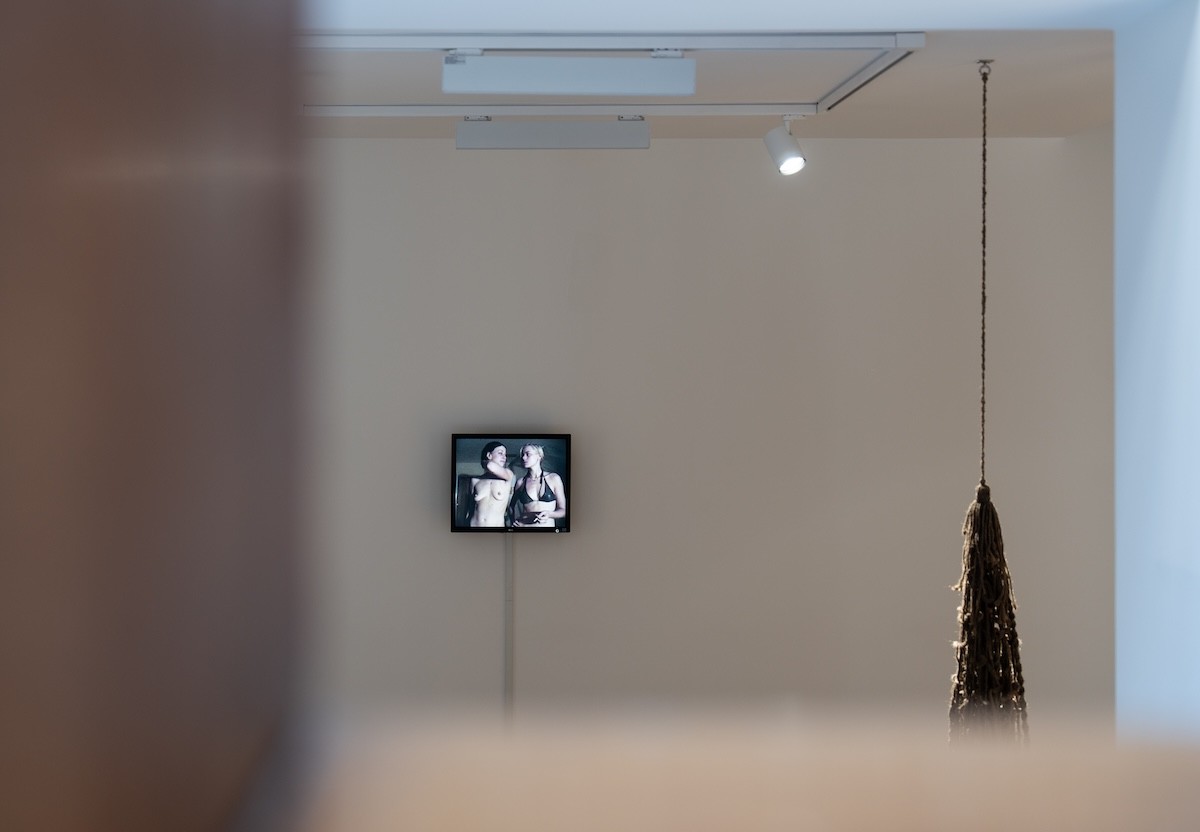
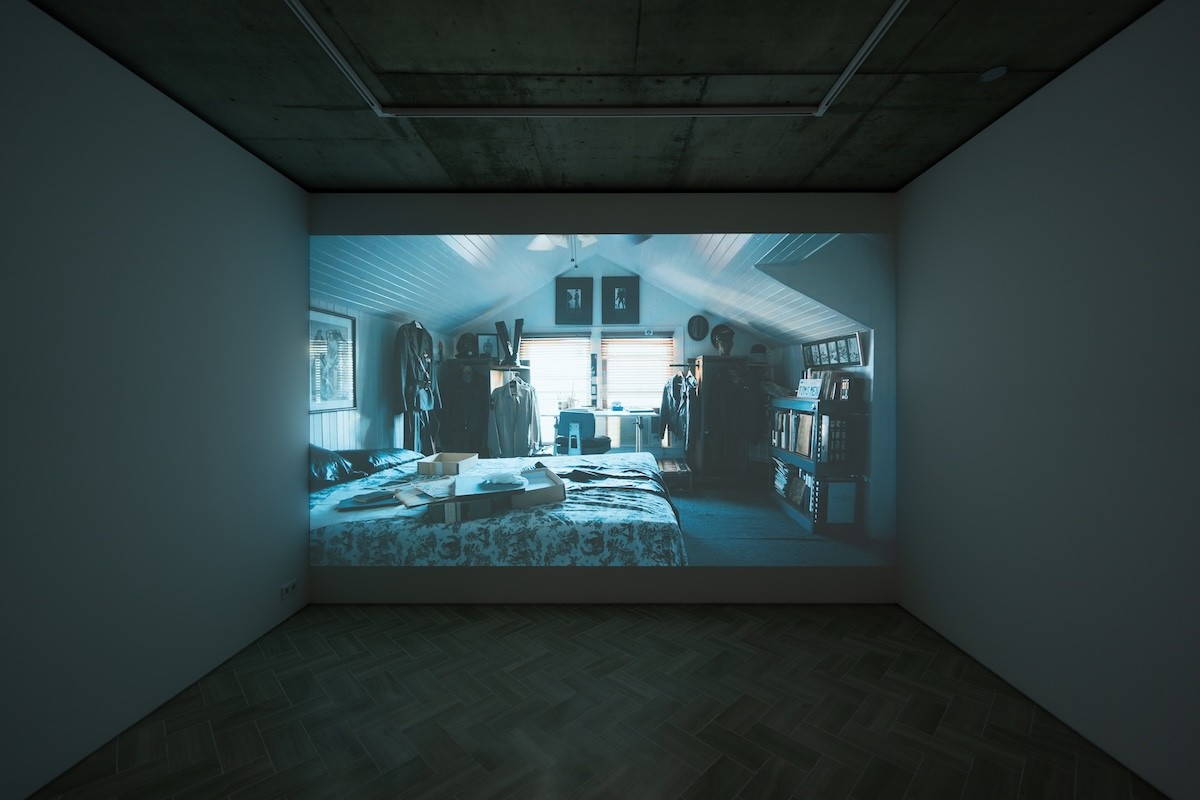
In Kim’s narrative, the house is both a protagonist and a supporting role. With a considered selection of global queer artists—featuring Joeun Kim Aatchim and Haneyl Choi, among others—the works are closely intertwined, finding dwelling within the walls as either its owners or guests in passing. The exhibition is structured into four thematic parts: Body/Identity, Space/Power, Relation/Care, and Memory/Transmission, all orbiting the same axes.
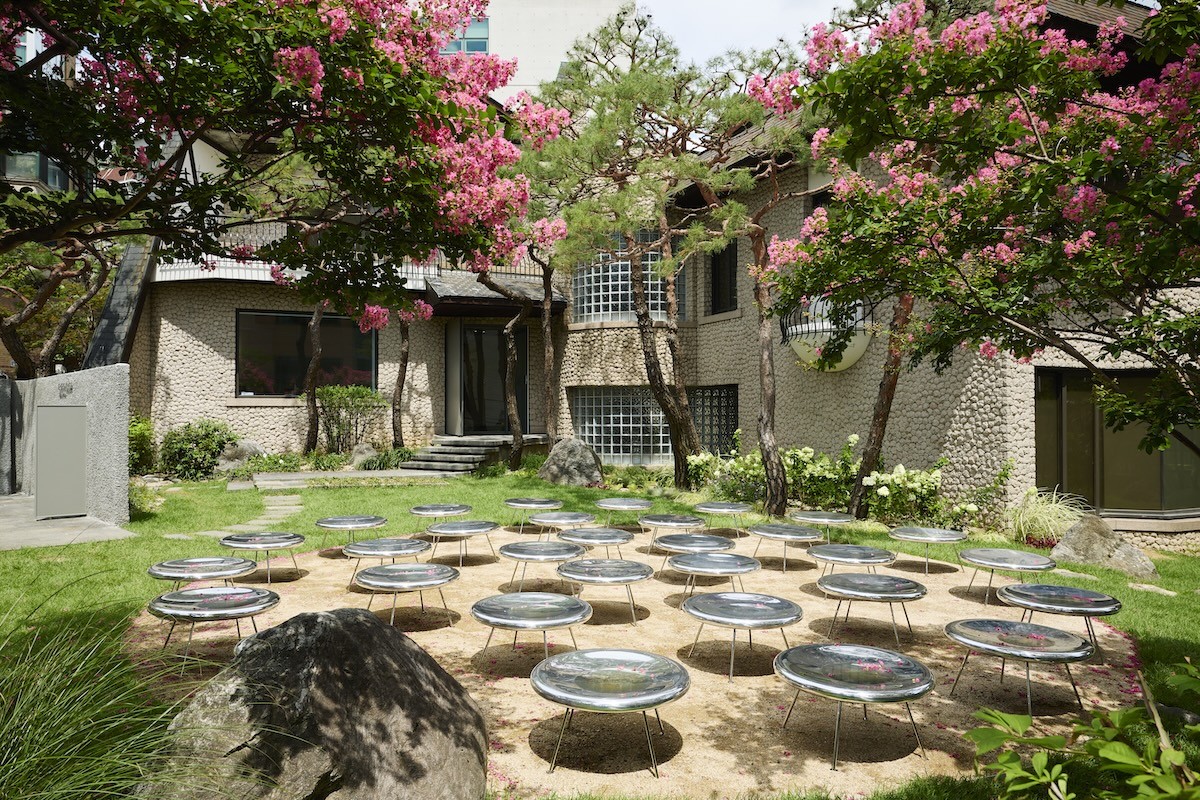
Though rooted in a queer perspective, Kim wanted to draw on universal human experiences: “love, desire, empathy, memory,” in his words. “Beyond its political urgency, I hope the exhibition can open up a space where audiences feel both intimacy and estrangement at once,” he says. For all, the home is an arena of comfort and complication, as UnHouse holds up a mirror to our shared remembrances.
Coinciding with the start of Frieze Seoul, UnHouse will be on view until October 2, 2025. Learn more here.